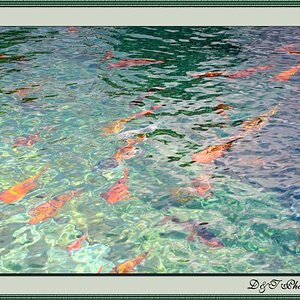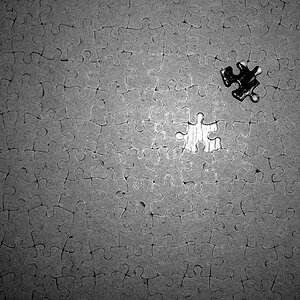anubis404
TPF Noob!
- Joined
- Apr 5, 2008
- Messages
- 955
- Reaction score
- 0
- Can others edit my Photos
- Photos OK to edit
I've been wondering if there is a difference in the image quality of bodies with better sensors (besides megapixels and ISO performance). At first, I thought the quality of the image relied entirely on the lens, however I am starting to rethink this as I've been hearing a lot of "image quality" talk when discussing camera bodies.
The reason I ask is because I've invested quite a bit of money in glass, and will have most of the normal focal lengths covered. Should I start investing in better bodies?
The reason I ask is because I've invested quite a bit of money in glass, and will have most of the normal focal lengths covered. Should I start investing in better bodies?


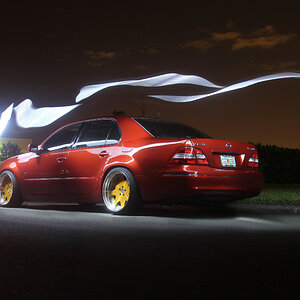

![[No title]](/data/xfmg/thumbnail/36/36421-843e629a8c32ff091e337e6880f0c323.jpg?1619737565)
![[No title]](/data/xfmg/thumbnail/32/32926-ec27ecead8c80d803404500d8f888dbf.jpg?1619735754)
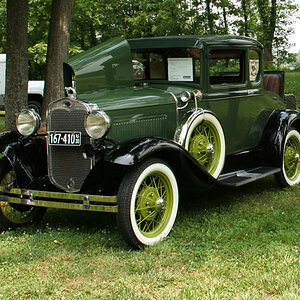
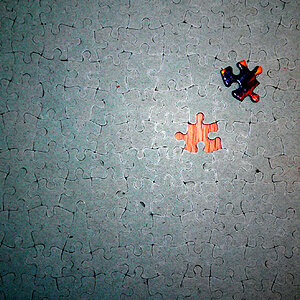
![[No title]](/data/xfmg/thumbnail/32/32929-22e23acc63d6ecb25e5ee941be87121f.jpg?1619735758)

